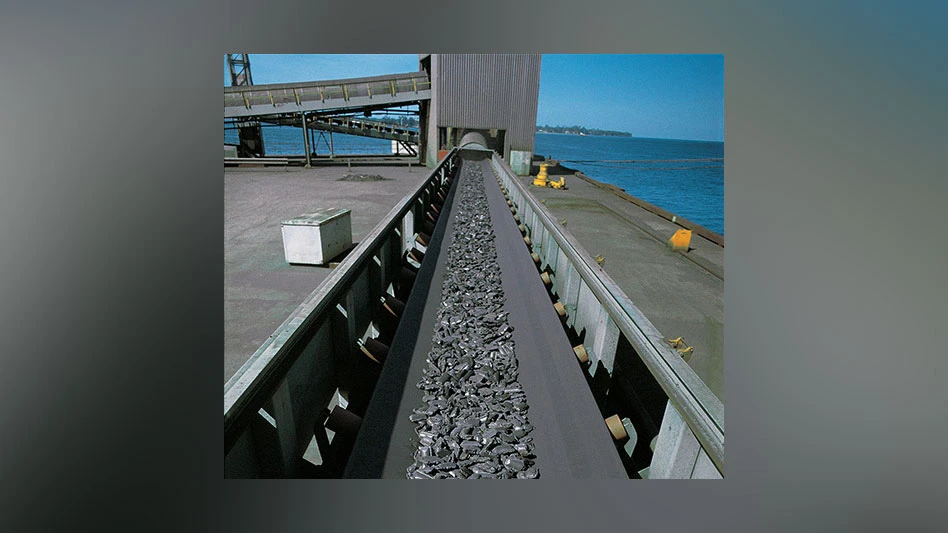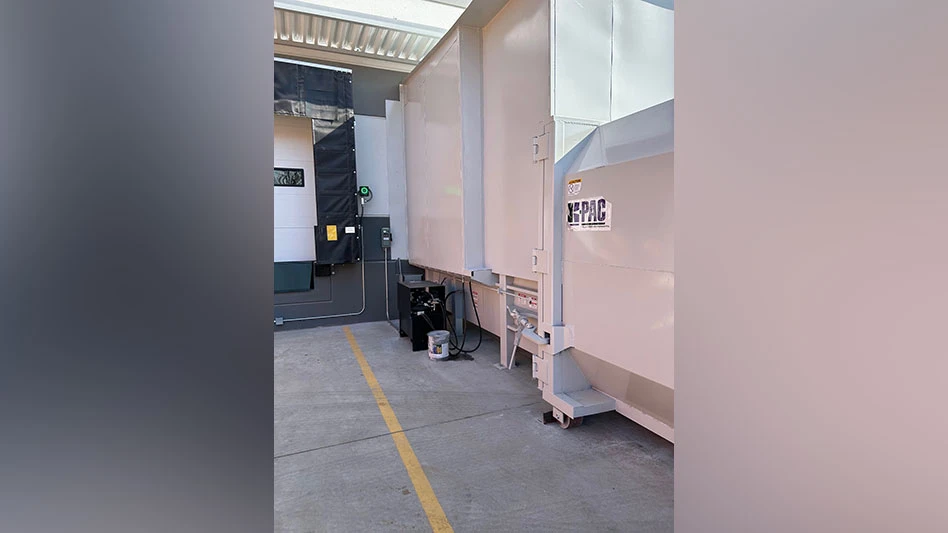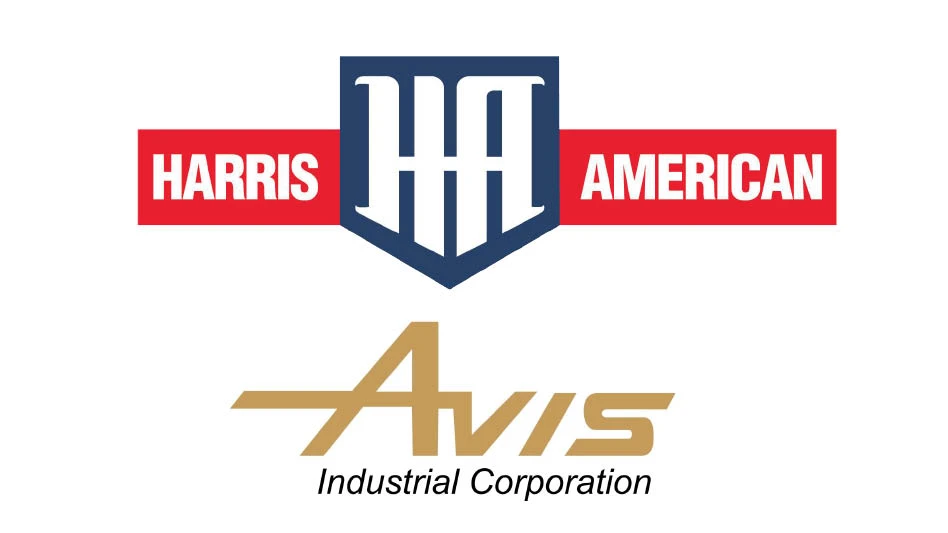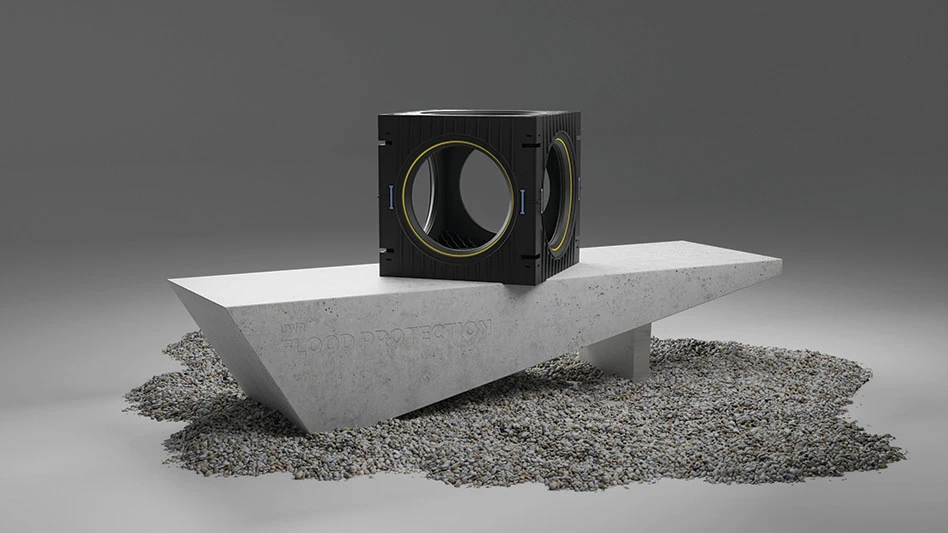
Photo courtesy of Midrex Technologies Inc.
Luxembourg-based steel producer ArcelorMittal has received funding from the European Commission (EC) tied to using hydrogen energy to produce direct-reduced iron (DRI) at two steel mill sites in Europe.
In one of two separate Feb. 17 press releases, the EC announced it will direct 460 million euros ($492 million) to go toward the construction of a hydrogen-powered DRI plant in Gijón, Spain, where ArcelorMittal formerly operated a blast furnace/basic oxygen furnace mill. “Together with a new electric arc furnace (EAF), the [DRI] plant will substitute the current blast furnace,” states the EC.
The other 55 million euros ($59 million) in funding from the EC will go toward building a demonstration plant for the production of DRI using hydrogen as fuel at the ArcelorMittal Hamburg GmbH complex in Germany.
In Spain, ArcelorMittal says it is constructing a 2.3-million-metric-tons-per year DRI plant in Gijón. The company plans to install 1.6 million tons per year of EAF steelmaking capacity.
In Hamburg, ArcelorMittal will build a hydrogen-fueled DRI plant on a smaller, 100,000-tons-per-year scale. “ArcelorMittal will use the experience gained at the demonstration plant to decarbonize its steel production in the EU on a larger scale,” says the EC.
Scrap metal and recycling are not specifically mentioned in either EU announcement. An environmental product declaration on the ArcelorMittal Hamburg GmbH website produced in 2020 says at that time the steel made there via the EAF process consisted, on average, of 80.2 percent recycled content.
A similar document posted by ArcelorMittal concerning its mill in Gijón says in 2020 the mill’s furnaces consumed more than 218,000 metric tons of ferrous scrap, along with about 37,000 metric tons of pig iron and some ferroalloys. Scrap represented about 83 percent of the mill’s total feedstock.
The EC says of both DRI funding efforts that they “support the objectives of key EU policy initiatives such as the European Green Deal, the EU Hydrogen Strategy and the REPowerEU Plan.”
For its part, the Federal Association of German Steel Recycling and Disposal Cos. (BDSV) has been urging the EU and governments in European nations to bear in mind the decarbonization and energy savings aspects of scrap-fed steel production. “If we really want to operate in a climate-neutral manner, we need direct support for the use of scrap in the European Emissions Trading Act or a legally stipulated minimum use quota for steel scrap in steel production,” BDSV Managing Director Thomas Junker said at a press event in July of last year.
Latest from Recycling Today
- Enfinite forms Hazardous & Specialty Waste Management Council
- Combined DRS, EPR legislation introduced in Rhode Island
- Eureka Recycling starts up newly upgraded MRF
- Reconomy Close the Gap campaign highlights need for circularity
- Nickel carbonate added to Aqua Metals’ portfolio
- EuRIC, FEAD say End-Of-Life Vehicle Regulation presents opportunity for recyclers
- Recyclers likely to feel effects of US-China trade war
- BCMRC 2025 session preview: Navigating battery recycling legislation and regulations





